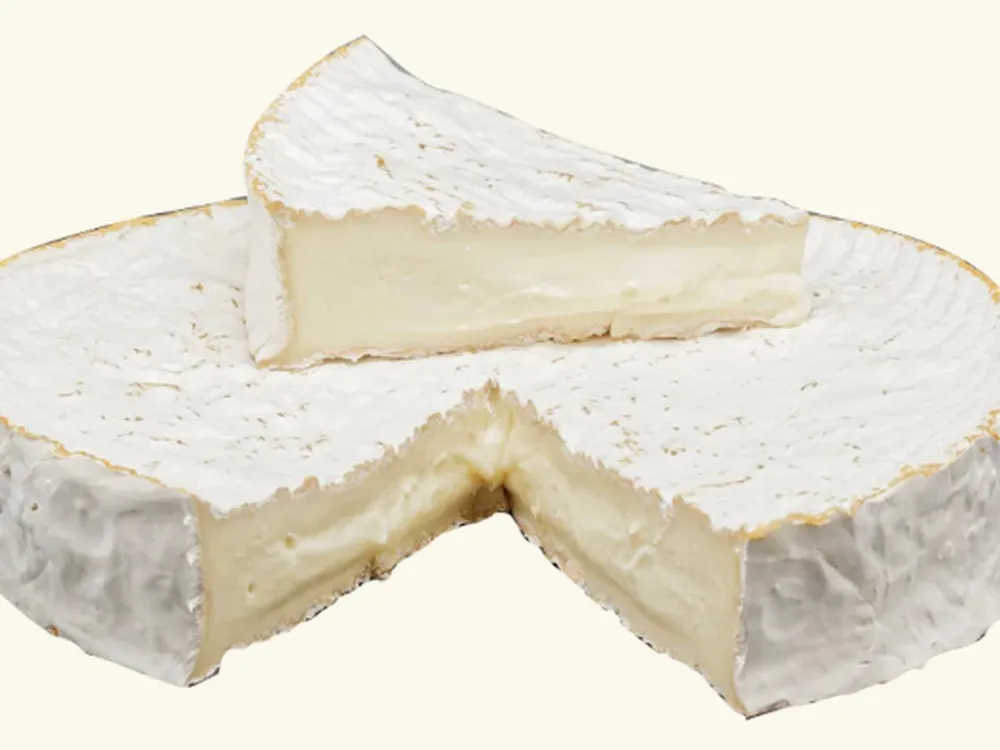
Is Brie Cheese Gluten-Free?
If you're following a gluten-free diet, you'll be glad to know that Brie is naturally gluten-free. Gluten is a protein found in wheat, barley, and rye, but it isn’t present in cow’s milk, which forms the basis of Brie.
However, it's always important to check the labels of flavored or processed Brie cheese varieties, as they may include additional ingredients that could contain gluten.
Brie Q & A
-
Can You Eat Brie Cheese While Pregnant?
It’s hardly news to anyone that pregnancy is one of those times when women feel a little bit cautious …
Read More -
Can Cats Eat Brie Cheese?
As much as the enticing aroma of Brie cheese may tempt our feline friends, it is not an appropriate …
Read More -
Can Dogs Eat Brie Cheese?
While some dogs may enjoy a small piece of Brie cheese as a tasty treat, it's important to remember …
Read More -
Can You Freeze Brie Cheese?
Freezing Brie cheese will alter its texture and flavor, making it less desirable as a commodity, although still perfectly …
Read More -
How Long Can Brie Cheese Sit Out?
Like most perishable items, brie cheese should not be left at room temperature for an extended period. In such …
Read More -
How To Store Brie Cheese
Proper storage is crucial to maintaining your Brie cheese's quality and safety. It should always be kept refrigerated at …
Read More -
Does Brie Cheese Melt?
Yes, Brie cheese melts very well.
Brie cheese's high-fat content allows it to soften and melt when exposed to …
Read More -
Is Brie Vegetarian?
No, Brie cheese is not vegetarian. Traditional Brie is made with rennet, an enzyme harvested from the stomach lining …
Read More -
Is Brie Lactose-Free?
If you're lactose intolerant, you may wonder if Brie is safe to consume. While Brie cheese does contain lactose, …
Read More
